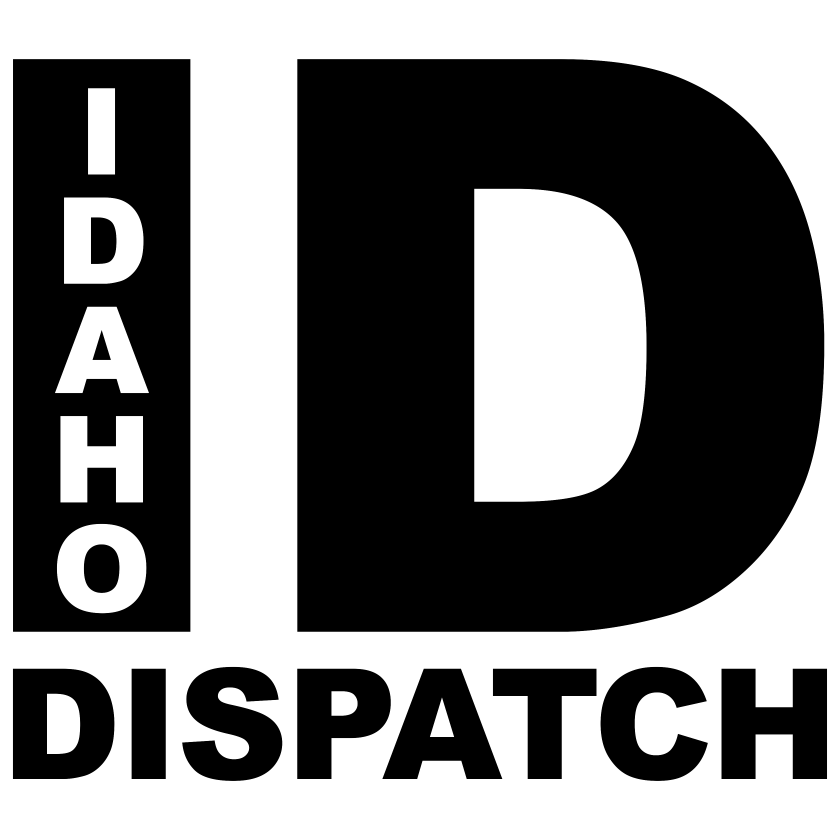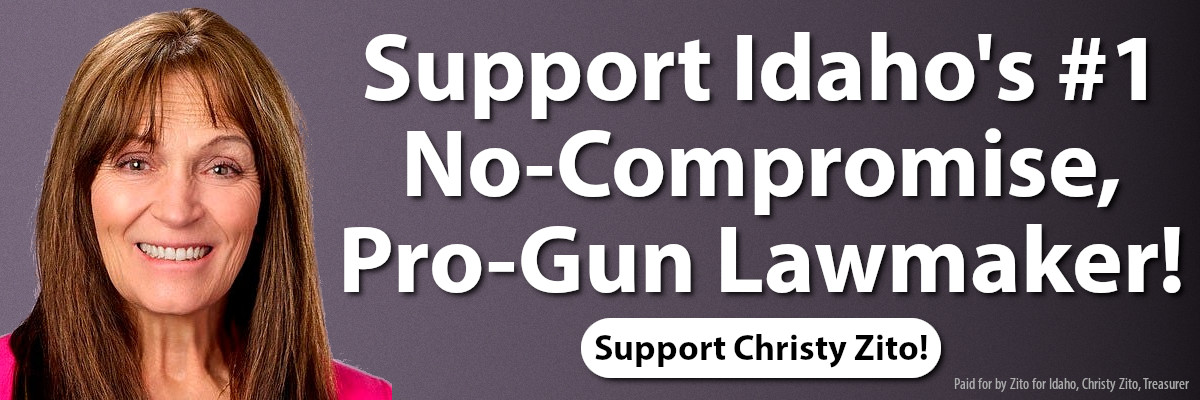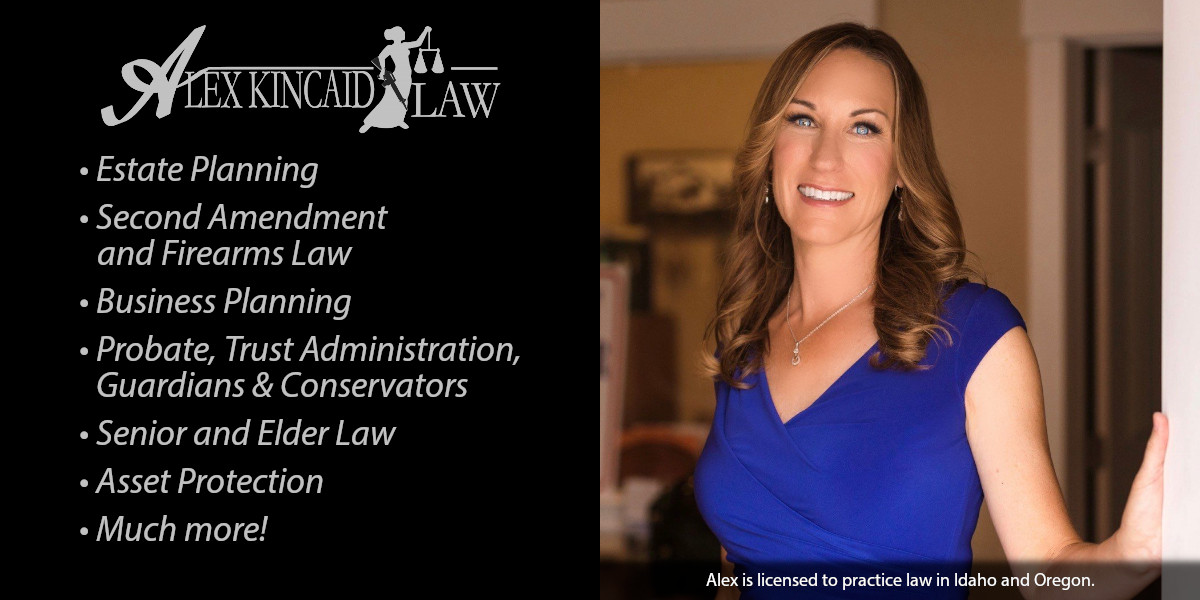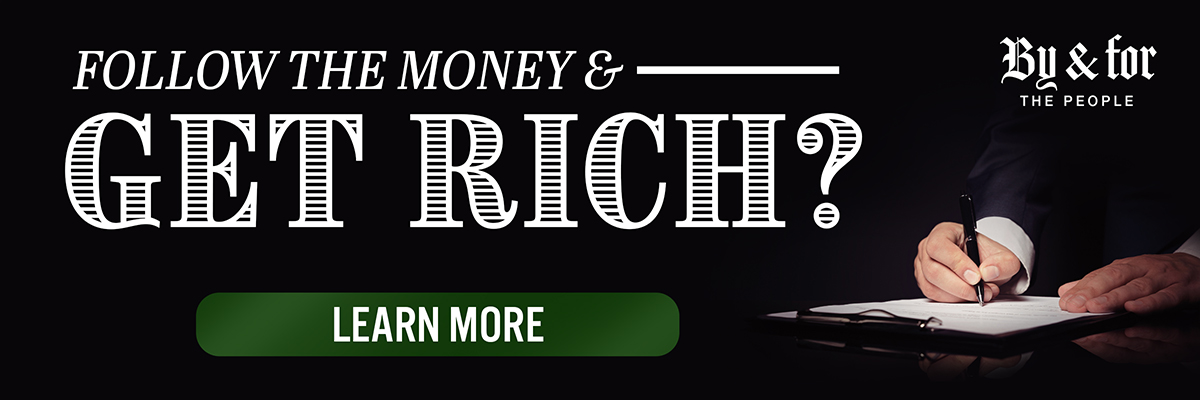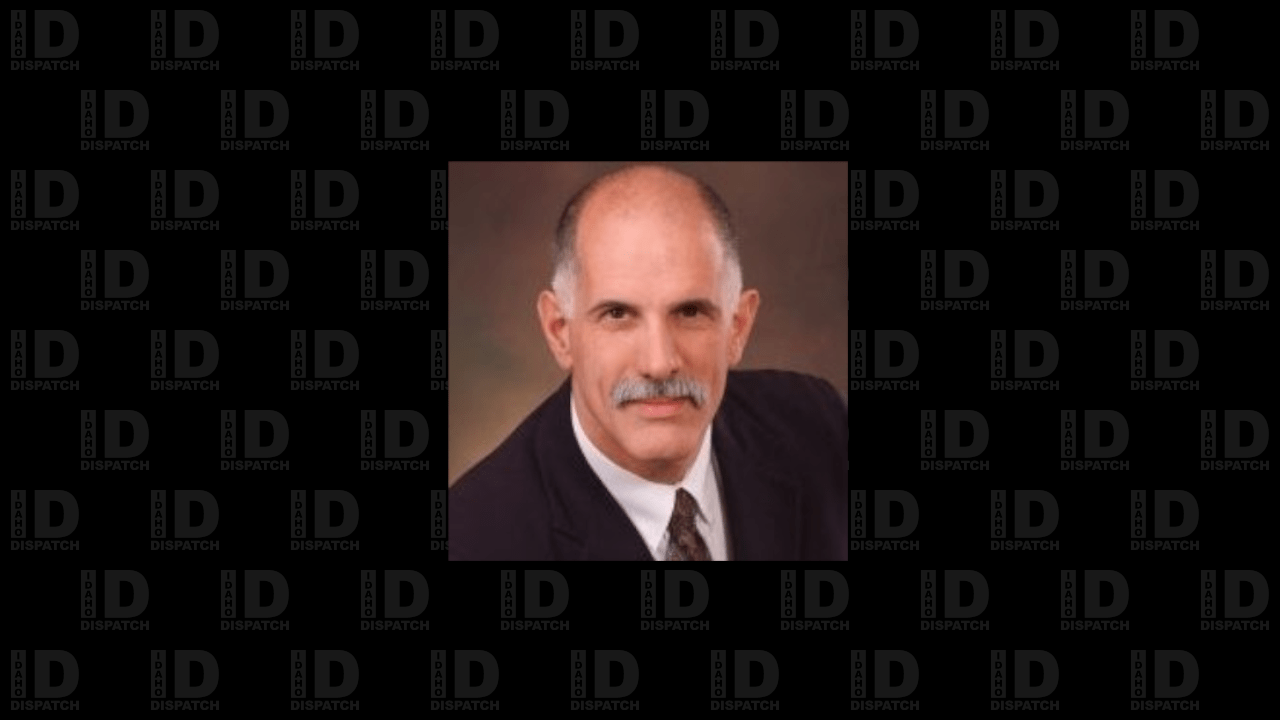
Op-Ed: Democracy Needs Election Standards
By Brent Regan • November 14, 2024The following Op-Ed was submitted by Brent Regan. Op-Eds do not necessarily reflect the views and opinions of those at the Idaho Dispatch.
Design is destiny; the standards we set determine the quality of what we achieve. Our Constitutionally guaranteed republican form of government relies on free, fair, and honest elections to select our representatives and leaders.
Federal elections are conducted by the states and each state has different election laws. In Idaho you must show a government issued photo ID or sign an affidavit before casting you ballot but in California it is illegal to ask voters to show identification before voting. The only valid reason for the California law is to facilitate election fraud.
According to an April 2024 Rasmussen survey, 28% of likely voters say they’d be willing to engage in illegal voting activity if it would help their preferred candidate win and 20% of people who voted absentee ADMIT to violating election law. Roughly 10% said they would alter or destroy a ballot for an opposing candidate if given the opportunity.
Our election system depends on the honesty of the people participating in the system but apparently one in five people, by their own admission, lack the required integrity. This explains the declining trust in our elections. A 2022 Pew research poll shows one in three citizens are not satisfied with the election systems.
To restore integrity and trust we need a unified set of election standards which shall be used by our local, state and federal legislators as a metric for reviewing and revising election law to ensure free, fair, and honest elections where the outcome is accepted by all citizens of good will.
On January 2nd 2021 the 28 members of the Citizens Committee for Election Integrity met in the Lincoln Auditorium of the Idaho Capitol and adopted the following standards:
1. All voting processes, other than those needed to preserve the privacy of a citizen’s vote, must be open and available for direct observation, with no minimum distance requirements, and audit by agents of the candidates or parties.
2. All election materials must have a secure chain of custody at all times.
3. Election officials must be accompanied by observers when accessing any election materials. Records of the chain of custody shall be complete and available for audit.
4. All votes, regardless of voting method, shall be held to equal standards.
5. Voters shall only be qualified electors that are able to verifiably provide their government issued photo identity before being issued a ballot. Voters who provide false information, including information of voter qualification, should face severe penalties.
6. As a condition of being issued a ballot, the voter’s identity and signature must be recorded in a permanent record (Poll Book).
7. Original Ballots must have a physical form that allows voting choices to be examined and properly interpreted by the naked eye.
8. Ballots must have features designed to prevent counterfeiting.
9. An auditable system for tracking the status of all ballots must be implemented and maintained in the State of origin. The total number of printed ballots must equal the sum of the number of cast ballots, spoiled ballots, and unvoted ballots.
10. Ballot tabulation must be conducted by two independent and unrelated systems. The difference in totals between the two systems must be less than one half the margin of victory or 0.1% of the vote total, whichever is less. Tabulating machines must only tabulate and not modify ballots in any way, or be connected to the internet.
11. Before the results of an election can be certified, the ballot counts must be reconciled with the voter records. The margin of uncertainty must be less than one half the margin of victory or 0.1% of the vote total, whichever is less.
12. Lists of qualified electors must be purged of unqualified persons 180 days before an election. Voter Rolls should be vetted and compared with available government records to identify duplicate or ineligible registrations.
13. Laws and regulations governing an election may not be changed for 180 days prior to that election.
14. All election records should be retained and preserved for not less than 22 months.
15. Voter identification for provisional ballots must be verified, with information provided by the voter, prior to that ballot being counted.
These standards should be adopted by the federal government for federal elections and the state governments for state and local elections. Legal action could then be taken to compel election laws to meet these standards.
We have a once in a lifetime opportunity to establish standards for fair and honest election that will protect the democratic processes of our republican form of government.
We need unified election standards and we need them now.
It’s just common sense.
Tags: Citizens Committee for Election Integrity, Election Integrity, Elections
